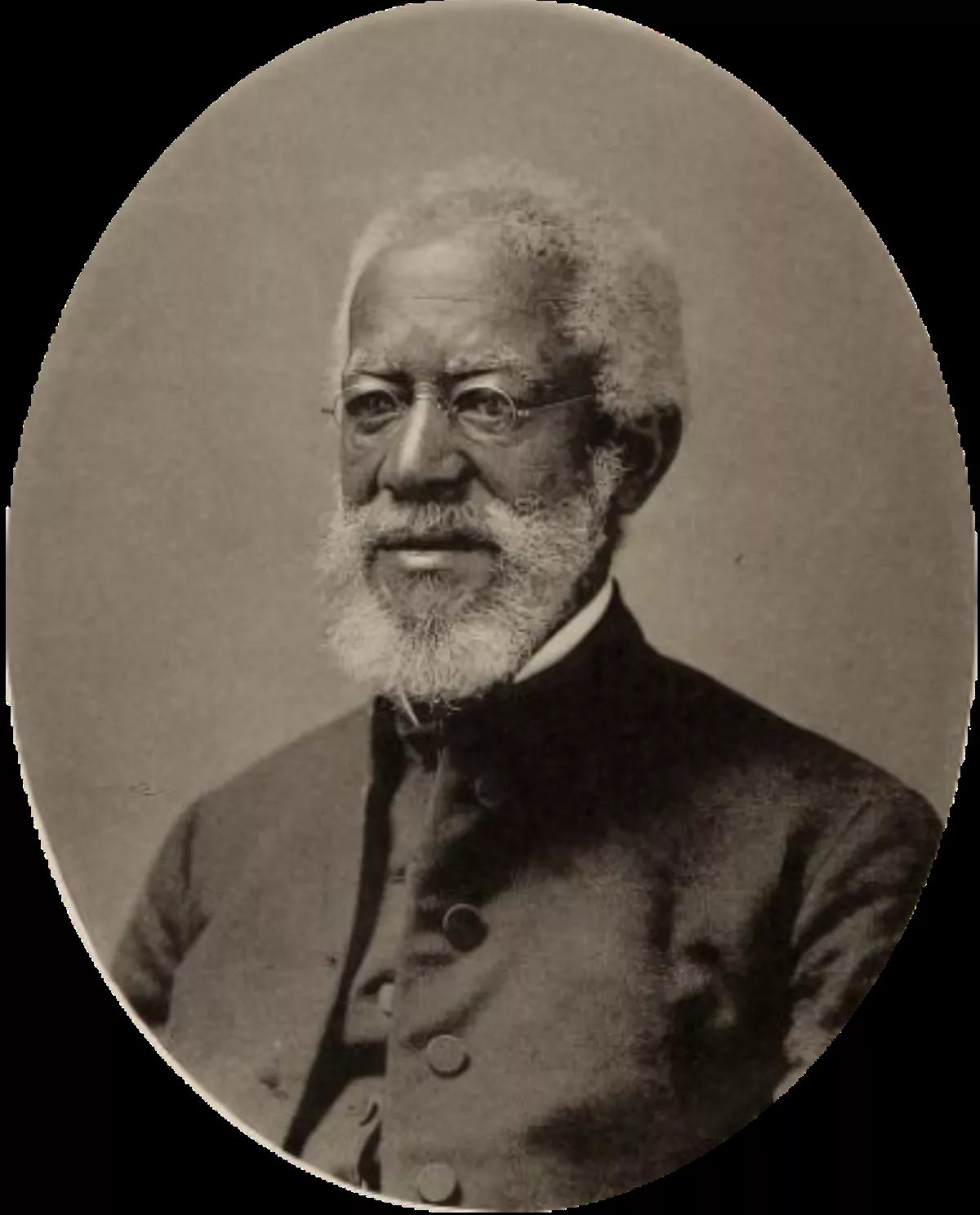 1.
1. Alexander Crummell was an American minister and academic.

 1.
1. Alexander Crummell was an American minister and academic.
Abolitionists supported his three years of study at Cambridge University, where Alexander Crummell developed concepts of pan-Africanism and was the school's first recorded Black student and graduate.
In 1853, Alexander Crummell moved to Liberia, where he worked to convert Africans to Christianity and educate them, as well as to persuade African-American colonists of his ideas.
Alexander Crummell wanted to attract American Blacks to Africa on a civilizing mission.
Alexander Crummell lived and worked for 20 years in Liberia and appealed to American Blacks to join him, but did not gather wide support for his ideas.
Alexander Crummell served as rector there until his retirement in 1894.
Alexander Crummell was born in 1819 in New York City to Charity Hicks, a free woman of color, and Boston Alexander Crummell, a former slave.
Boston Alexander Crummell instilled in his son a sense of unity with Africans living in Africa.
Alexander Crummell began his formal education in the African Free School No 2 and at home with private tutors.
Alexander Crummell next enrolled in the Oneida Institute in central New York, a hotbed of abolitionism.
In 1847, Alexander Crummell traveled to England to raise money for his congregation at the Church of the Messiah.
From 1849 to 1853, Alexander Crummell studied at Queens' College, Cambridge, sponsored by Benjamin Brodie, William Wilberforce, Arthur Penrhyn Stanley, James Anthony Froude, and Thomas Babington Macaulay.
Alexander Crummell continued to travel around Britain and speak out about slavery and the plight of Black people.
Alexander Crummell believed that in order to achieve their potential, the African race as a whole, including those in the Americas, the West Indies, and Africa, needed to unify under the banner of race.
Alexander Crummell decided to move to Africa to spread his message.
Alexander Crummell arrived in Liberia in 1853, at the point in that country's history when Americo-Liberians had begun to govern the former colony for free American Blacks.
Alexander Crummell came as a missionary of the American Episcopal Church, with the stated aim of converting native Africans.
Alexander Crummell's name appears on an 1859 document signed by citizens of the county of Maryland, Liberia.
Alexander Crummell began to preach that "enlightened," or Christianized, ethnic Africans in the United States and the West Indies had a duty to go to Africa.
Alexander Crummell influenced Liberian intellectual and religious life, as preacher, prophet, social analyst, and educationist, proclaiming a special place for Africa in the history of redemption, as it had God-given moral and religious potential.
In 1873, fearing his life was in danger from the Americo-Liberian ascendancy, Alexander Crummell returned to the United States.
Alexander Crummell was called as pastor for St Mary's Episcopal Mission in Washington, DC, in the Foggy Bottom area.
Alexander Crummell served as rector at St Luke's until his retirement in 1894.
Alexander Crummell spent the last years of his life founding the American Negro Academy, the first organization to support African-American scholars, which opened in 1897 in Washington, DC.
Alexander Crummell died in Red Bank, New Jersey, in 1898.
Alexander Crummell was an important voice within the abolition movement and a leader of the Pan-African ideology.
Du Bois paid tribute to Crummell with a memorable essay entitled "Of Alexander Crummell", collected in his 1903 book, The Souls of Black Folk.
Alexander Crummell is included on a New Hampshire historical marker commemorating Noyes Academy in Canaan, New Hampshire.